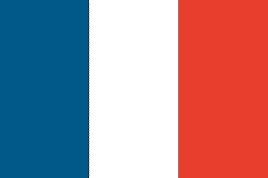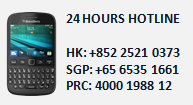France

Pollution surveillance
|
The French courts have over past 2 years charges nearly 50 masters with polluting the seas off the country's coastline. Many are convicted based on evidence of shiny streaks of water in the vessel's wakes.
In February The European Parliament passed a draft directive that classifies deliberate pollution such as dumping oil residue as a criminal offence. Under French law, a jail sentence of as much as 10 years can be imposed on a master only if the ship flies the French flag or pollution occurs close to shore in territorial waters.
French authorities have put in place a surveillance team. Aircraft fitted with infrared cameras can detect oil during daytime flights and there are plans to start night time flights. An aerial picture of a spill can be enough to convict a master of pollution, whilst most other courts would require additional evidence such as samples of residues. Once a surveillance aircraft has spotted an oil spill in the wake of a ship, the vessel is ordered to stop at the nearest French port and will not be released until a substantial security is provided. In the latest case, a vessel was spotted with an alleged 20 km oil slick in its wake, ordered to deviate to Brest and only released on payment of a Euro 400,000 bail. A French court can impose fines of as much as Euro 1 million even if only a small is dumped.
In 2003 France decided to enforce the tougher regulation in its exclusive economic zone which extends 200 nautical miles from its coastline.
Of the 22 cases lodged by the Brest district attorney, 15 led to sentences in first instance court, 5 are pending and 2 have been dismissed. In March the Brest court acquitted a Croatian master of a Panama flagged tanker on the grounds the explanations he provided was plausible. In Marseilles, the prosecutor handled 10 cases in 2004 and another 10 since 2005. In Le Harve, where the prosecutor overseas the French section of the English Channel, 4 ships have been detained.
In May 2003 there was a case in which an appeal led to doubling of the fine imposed by the First Instance court. During the appeal an expert for the prosecution looked at pictures taken by the helicopter and contended that rainbow spots in the wake of the ship were oil.





